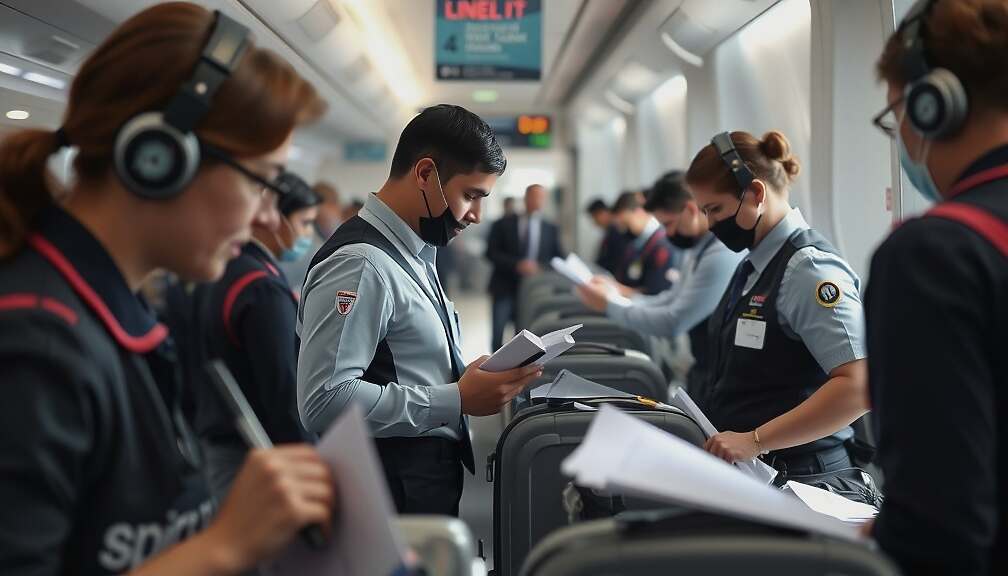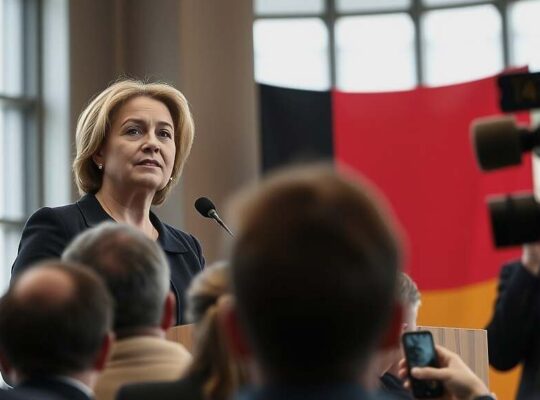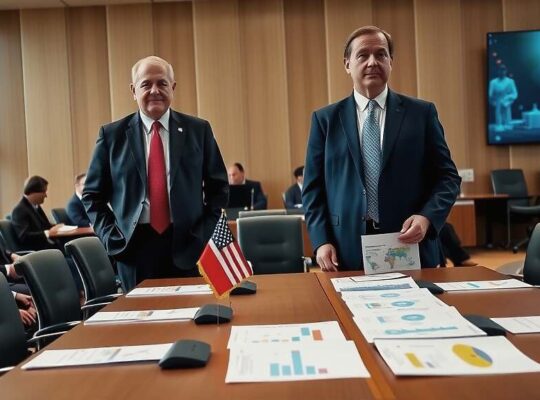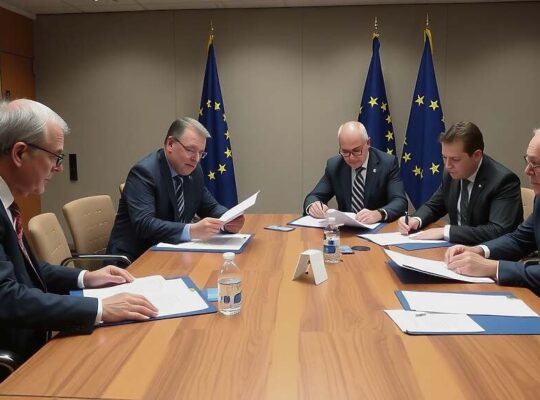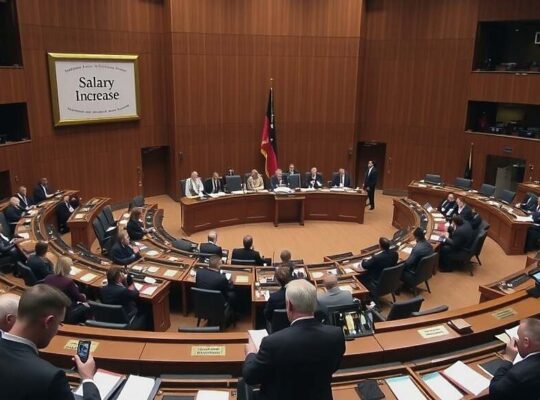A significant wage agreement has been reached between Verdi, Germany’s service sector union and Eurowings, Lufthansa’s subsidiary, impacting the pay and conditions for cabin crew. The deal, announced Thursday, promises a 5.4% increase in salaries across two stages, a move lauded by Verdi as a “strong real wage increase” averaging approximately €300 per month for affected employees.
Beyond the base salary hikes, the agreement introduces dynamic adjustments to overtime compensation, linking it to future wage negotiations. Crew members will also see their share of profits rise, with the results participation scheme expanding to a maximum of €1,600 annually. A one-time bonus of €1,000 is planned for the 2025 financial year, designed to directly reward cabin crew for Eurowings’ success – a gesture that could be interpreted as a strategic attempt to bolster employee loyalty amid ongoing pressures within the aviation sector.
Notably, the allowance paid to crews working away from their home bases – often referred to as “abwesenheitsgeld”- will experience a roughly 10% increase, coupled with the removal of existing daily payment caps. This change addresses a frequently cited concern amongst crew members, highlighting the often-demanding nature of their roles and the associated costs of prolonged absences. Further enhancements to allowances and sick leave compensation are also included within the comprehensive package.
While the agreement represents a victory for Verdi and a tangible benefit for Eurowings’ cabin crew, questions linger about the broader implications for Lufthansa’s overall cost structure. Some analysts suggest this settlement could set a precedent for negotiations with other unions within the Lufthansa group, potentially escalating wage demands across the airline.
The finalized agreement, valid until July 2027, now requires ratification by Verdi’s membership. Approval is expected, but the voting process will serve as a barometer of employee satisfaction and the perceived fairness of concessions made by Eurowings management. The long-term effects on Lufthansa’s profitability and competitiveness will be closely monitored in the coming years.


